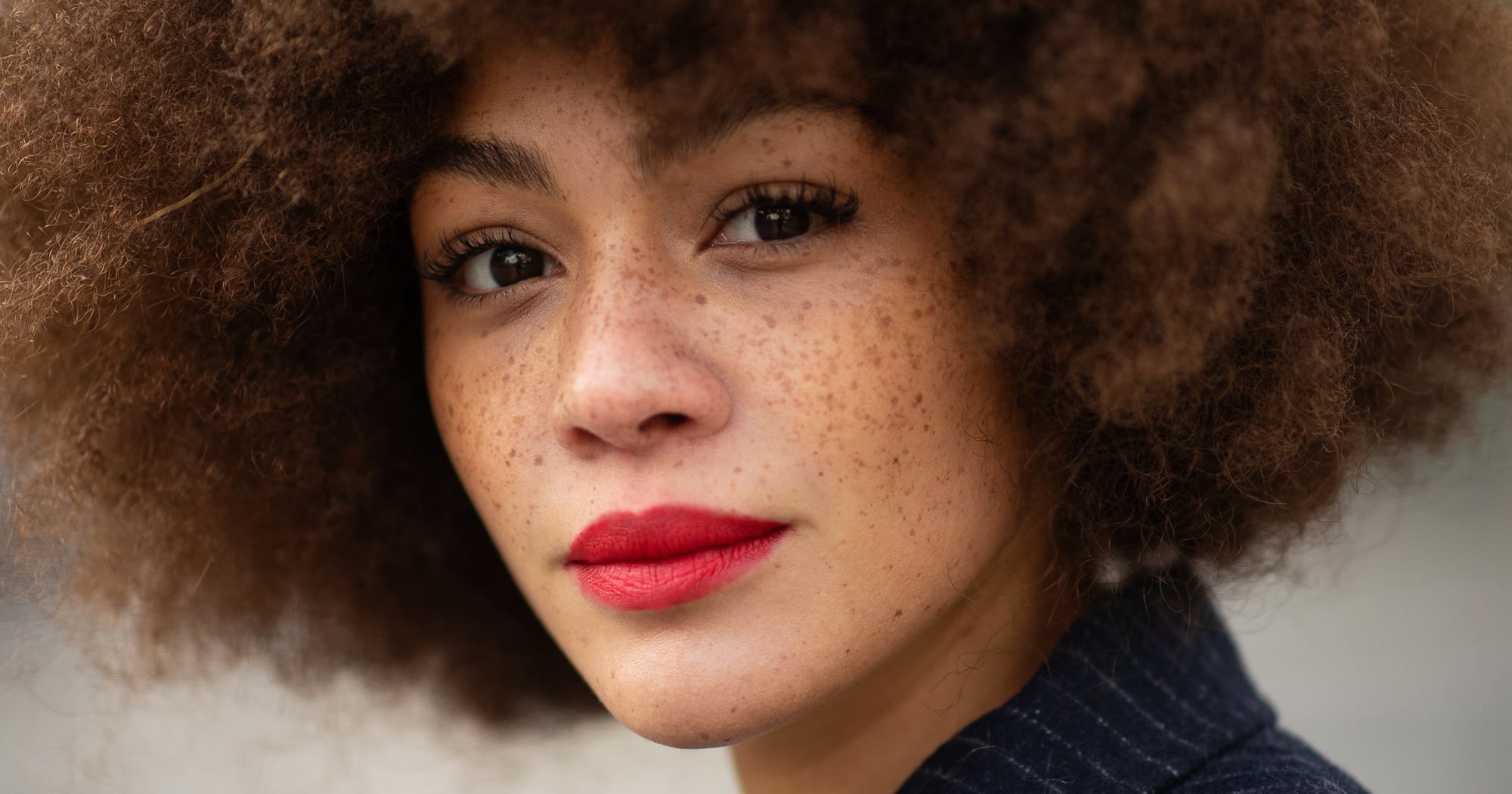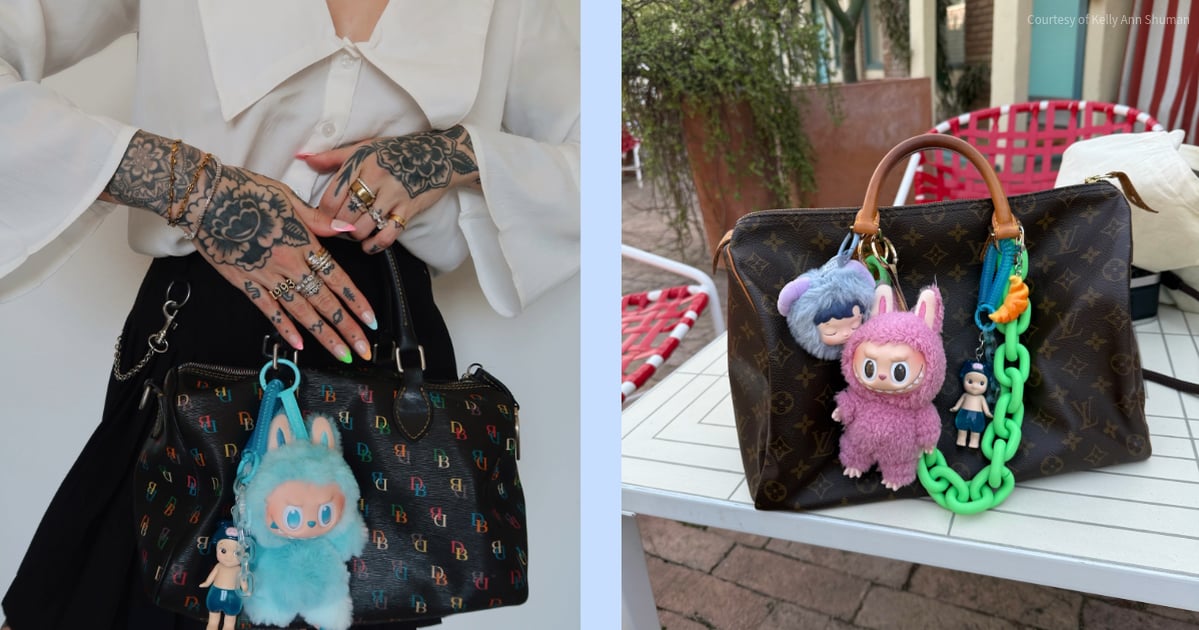There’s nothing like the look of freckles scattered across the face – something I’ve been longing for my entire life. I even bought a freckle pen and spent hours watching DIY freckle makeup tutorials. While it works – ish – there really is nothing like the real thing, and often, I mess up and end up looking like something’s just smudged on my face.
While scrolling through Instagram recently, I came across a post of someone getting freckles tattooed on. I immediately saved the post on this type of cosmetic tattoo and ran to my editor with questions. Is this safe? How do they heal? Is this something experts would recommend? Thankfully, I was able to tap some of the best experts around to do my due diligence before going under the needle myself. Keep reading for what you need to know before you decide to get freckles tattooed.
Experts Featured in This Article
Brooke Jeffy, MD, is a board-certified dermatologist and founder of Btwn Skincare.
Jennifer Levine, MD, is a double board-certified plastic surgeon.
Asami Irigaki is a tattoo artist based in New York City.
The Process of Getting Freckle Tattoos
Freckles are often seen as a sign of youth, health, and wholesomeness. They are typically the result of a combination of sun exposure and genetics. Board-certified dermatologist Brooke Jeffy, MD, explains that freckle tattoos are semi-permanent cosmetic tattoos that gradually fade over the years. The process, which can be done at a tattoo shop specializing in freckle tattoos or a beauty salon offering semi-permanent makeup services, is similar to brow microblading. During the procedure, pigment is deposited into the skin using a fine needle or blade. While it may sound painful, a topical numbing cream is often used to make the procedure nearly painless. However, keep in mind that touch-ups will be needed to maintain them over time, as they start to fade anywhere from one to three years. Exfoliating ingredients like glycolic acid, salicylic acid, and lactic acid in your daily regimen may also cause the freckles to fade faster.
Freckle Tattoos Healed
Similar to traditional tattoo aftercare, double board-certified plastic surgeon Jennifer Levine, MD, explains that the dots may initially darken, and some scabbing and dryness might occur. Over time, they would lighten, especially if you exfoliate regularly. “Redness, swelling, itching, and some scabbing are normal during the initial healing process, which can take up to two weeks,” Dr. Jeffy tells PS.
During the initial healing period, Dr. Jeffy advises avoiding makeup and products with potentially irritating active ingredients. Instead, wash your face twice daily with a gentle cleanser, moisturize with a fragrance-free formula, and protect your skin from sun exposure. It’s also important to steer clear of exfoliants and any ingredients that could irritate the skin during this time. “Be extra careful not to touch the tattooed area,” says tattoo artist Asami Irigaki. “Any injury to the skin should be kept moist with a product like Aquaphor,” adds Dr. Levine. You can also use tattoo aftercare products like Mad Rabbit Tattoo Balm ($19) or Hustle Butter Tattoo Balm ($15).
Freckle Tattoo Aftercare
The skin on your face is much more sensitive than on other parts of your body, so choosing an artist unfamiliar with the procedure could result in damage. This damage might include irritation, infection, or uneven pigment placement, resulting in wonky-looking freckles. That’s why it’s essential to do your research and find a studio and artist with extensive experience, positive reviews, and proper sanitation, explains Irigaki. Remember to read reviews and check if the artist offers any freckle tattoo before and after photos of their work. If possible, reach out to others who have had similar procedures done at the studio to ask about their experience, even via Instagram DM if needed.
Risks of Freckle Tattoos
If you’re concerned about safety, Dr. Levine assures us, “when done by a trained professional using sterile equipment and proper aftercare, it is safe.” However, Dr. Jeffy notes that there are risks associated with any procedure that breaks the skin, primarily infection and potentially scarring if not done correctly. “Allergies to the pigment used can also occur, leading to rash and irritation,” she adds.
Despite these safety assurances, Dr. Levine advises against face tattoos. “I spend a lot of time removing people’s brown spots!” she says. Her reasoning? “Makeup can be removed, and freckles naturally vary in size, shape, and color, which is difficult to replicate artificially.” Dr. Jeffy also points out that multiple pigment sites can complicate the examination of the skin for lesions like skin cancer.
How to Know If Freckle Tattoos Are For You
If none of this deterred you, it’s best to find a specialist in freckle tattoos who can customize the size, color, and placement to suit your look. “Find a cosmetic tattoo artist or beauty technician that you trust and who has experience with freckle tattooing, as you want someone who can mimic a natural look safely,” Dr. Jeffy says. As long as you choose a reputable artist you trust, you should be pleased with your new sun-kissed look.
Iman Balagam is a freelance journalist and brand consultant who specializes in beauty, fashion, and lifestyle content. The Texas native’s work has appeared in a variety of publications, including Vogue, Allure, and Elle.



